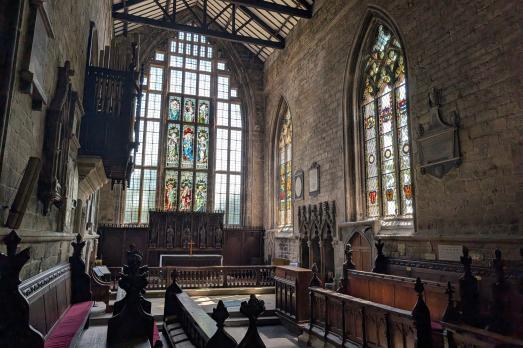
St John the Baptist
Dronfield, Derbyshire | S18 1QB
A church full of history dating back over nine centuries.
Search for a fascinating place to visit, or see the variety of churches, chapels and meeting houses we have supported.

Dronfield, Derbyshire | S18 1QB
A church full of history dating back over nine centuries.
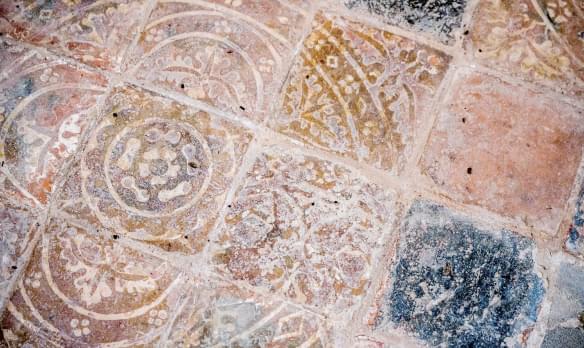
Rugby, Warwickshire | CV21 3PF
The church started near the railway station, when Rugby was an expanding railway engineering town.
We have supported this church
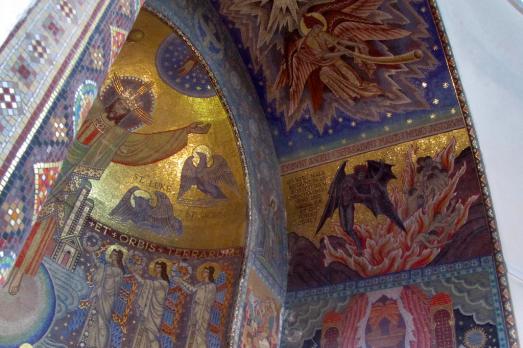
Rochdale, Greater Manchester | OL11 1EX
Built in the Byzantine Revival style, the dramatic church resembles the Hagia Sophia in Istanbul.
We have supported this church

Clifton, Nottinghamshire | NG11 8AQ
This modern church was built on the new Clifton Estate, Nottingham, mainly by voluntary labour.
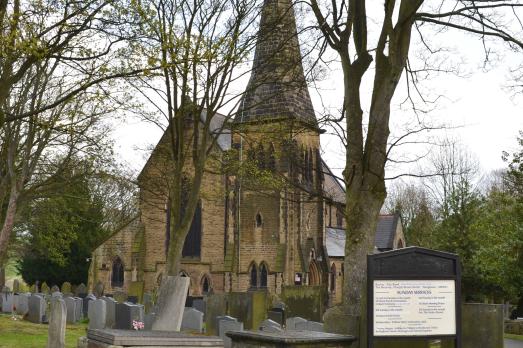
Old Whittington, Derbyshire | S41 9QP
The first church on this site was erected in 1140.

Fulwood, Yorkshire | S10 4GL
The chapel is a very attractive but simple building built in 1728.

Cinderhill, Nottinghamshire | NG8 6AD
The church was built in 1855-56 as a chapel of ease to serve the miners of Thomas North’s colliery at Babbington.
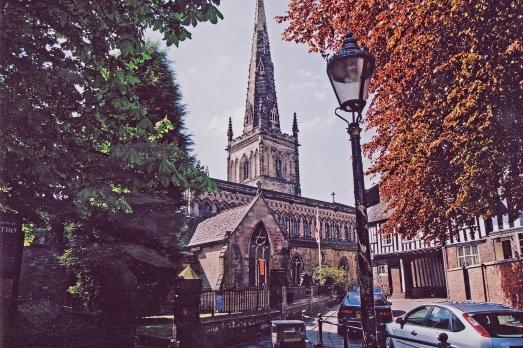
Leicester, Leicestershire | LE1 5WN
St Mary's is set in a part of Leicester where the city's medieval past can still be imagined: here are the castle mound and the castle walls, approached from the south via a castle gateway.
We have supported this church
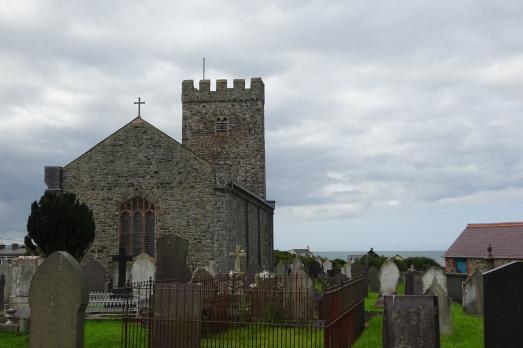
Llansantffraed, Ceredigion | SY23 5HB
A Victorian coastal church and the birthplace of St Non, mother of St David, St Ffraid’s church has fascinating connections both ancient and modern.
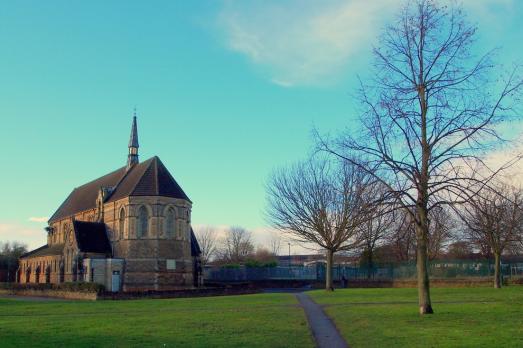
Bulwell, Nottinghamshire | NG6 8JG
The foundation stone of this high Victorian church was laid in October 1882, it was designed by William Knight, the architect of St Andrew’s Church, Mansfield Road, Nottingham.

Greenhill, Yorkshire | S8 7FN
St Peter’s was built in 1964-65 to serve an area of new housing on the edge of Sheffield.
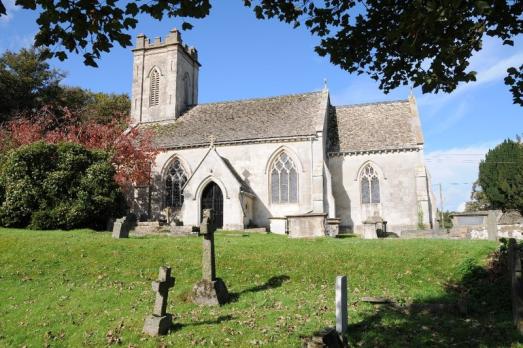
Pitchcombe, Gloucestershire | GL6 6LW
Lies in the Cotswolds Area of Outstanding Beauty. and surrounded by a stunningly beautiful churchyard overlooking the Painswick valley.
We have supported this church